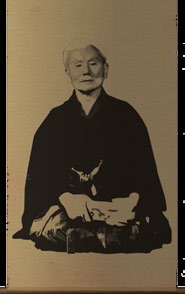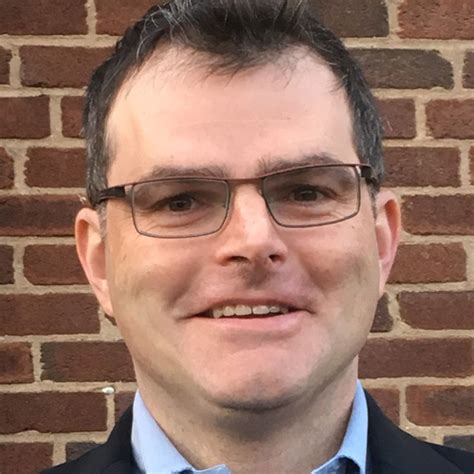A Quote by Viktor E. Frankl
At such a moment, it is not the physical pain which hurts the most (and this applies to adults as much as to punished children); it is the mental agony caused by the injustice, the unreasonableness of it all.
Related Quotes
Although we like to think of young children's lives as free of troubles, they are in fact filled with disappointment and frustration. Children wish for so much, but can arrange so little of their own lives, which are so often dominated by adults without sympathy for the children's priorities. That is why children have a much greater need for daydreams than adults do. And because their lives have been relatively limited they have a greater need for material from which to form daydreams.
The other exception to the rule regards dealings with masochists. A masochist derives pleasure from being hurt; so denying the masochist his pleasure through-pain hurts him just as much as actual physical pain hurts the non masochist. The story of the truly cruel sadist illustrates this point: The masochist says to the sadist, "beat me." To which the merciless sadist replies, "NO!" If a person wants to be hurt and enjoys suffering, then there is no reason not to indulge him in his wont.
One whose spirit and mental strength have been strengthened by sparring with a never-say-die attitude should find no challenge too great to handle. One who has undergone long years of physical pain and mental agony to learn one punch, one kick, should be able to face any task, no matter how difficult, and carry it through to the end. A person like this can truly be said to have learned karate.
It is an irony of medical history that even as Freud's later work would make him the progenitor of modern psychodynamic psychotherapy, which is generally premised on the idea that mental illness arises from unconscious psychological conflicts, his papers on cocaine make him one of the fathers of biological psychiatry, which is governed by the notion that mental distress is partly caused by a physical or chemical malfunction that can be treated with drugs.
Look at children. Of course they may quarrel, but generally speaking they do not harbor ill feelings as much or as long as adults do. Most adults have the advantage of education over children, but what is the use of an education if they show a big smile while hiding negative feelings deep inside? Children don?t usually act in such a manner. If they feel angry with someone, they express it, and then it is finished. They can still play with that person the following day.






































